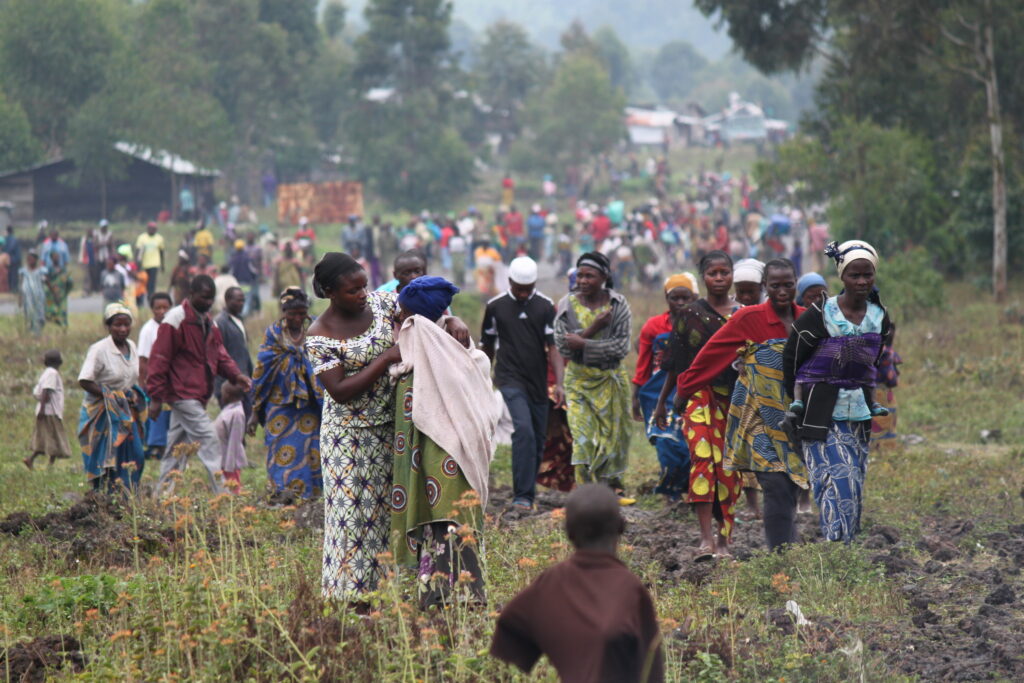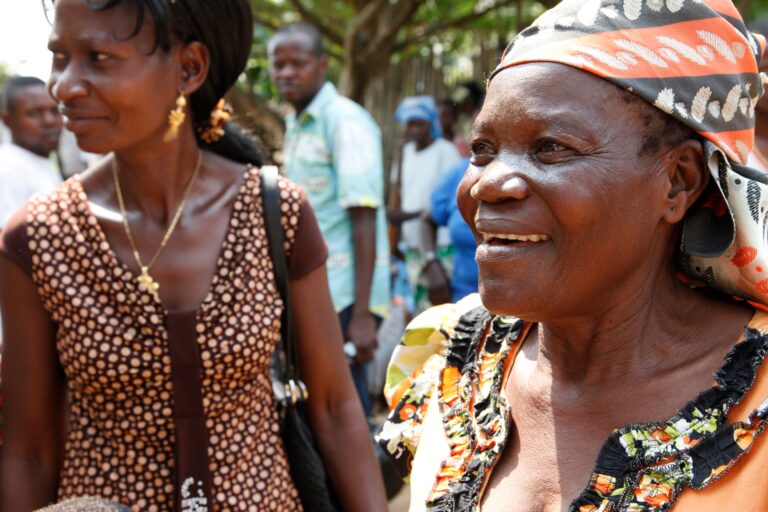- The Crisis in the Democratic Republic of Congo: A Call to Compassion and Action
In the heart of Africa, the Democratic Republic of Congo (DRC) is engulfed in a humanitarian crisis of unimaginable proportions. As we step into 2024, the country faces a multitude of challenges that have left 25.4 million people in dire need of humanitarian assistance, more than any other nation on earth. The roots of this crisis are deep and complex, involving a tangled web of conflict, political instability, economic hardship, climate shocks, and persistent disease outbreaks.
The Collapse of Peace and the Rise of Conflict
The fragile peace in the eastern regions of the DRC was shattered in 2023 when intense fighting erupted between government forces and the armed group M23. This collapse of the truce has reignited a protracted conflict, exposing millions to renewed violence and instability. Families have been torn apart, homes destroyed, and communities displaced, adding to the already staggering number of internally displaced persons .

Photo: Marie Cacace/Oxfam
The Humanitarian Toll
The magnitude of the crisis has overwhelmed local services and infrastructure, creating high levels of food insecurity and exacerbating the spread of disease. Malnutrition is rampant, with children suffering the most. Health facilities, already strained, struggle to cope with the influx of patients, and the spread of diseases such as cholera and measles is rampant due to poor sanitation and overcrowded living conditions .
Challenges to Humanitarian Aid
The ability of humanitarian organizations to provide aid has been severely hampered by funding shortfalls and rampant insecurity. The DRC’s 2023 humanitarian response plan received only 38% of the necessary funding, leaving a significant gap in resources needed to address the crisis. Insecurity in conflict zones further limits access, preventing aid workers from reaching the most vulnerable communities .
The Threat of Climate Change
As if conflict and disease were not enough, the looming threat of climate change, particularly the El Niño climate pattern, threatens to exacerbate the situation. Predictions for 2024 suggest increased risk of flooding, which could spread waterborne illnesses, reduce agricultural yields, and drive further displacement. These environmental challenges compound the existing humanitarian crisis, making the task of providing aid even more daunting .
A Call to Action
In the face of such overwhelming need, it is easy to feel powerless. Yet, as people of compassion and faith, we are called to act. Our response to the crisis in the DRC must be driven by love, empathy, and a deep commitment to justice. Here are some ways we can help:
- Advocacy: Raise awareness about the crisis in the DRC. Use your voice to advocate for increased humanitarian funding and political solutions to end the conflict. Contact your government representatives, join advocacy groups, and use social media to spread the word.
- Support Humanitarian Organizations: Many organizations are working tirelessly to provide aid in the DRC. Consider donating to reputable humanitarian agencies that are on the ground, such as Doctors Without Borders, the International Red Cross, and World Vision. Every contribution, no matter how small, can make a difference.
- Prayer and Solidarity: As people of faith, we believe in the power of prayer. Pray for peace in the DRC, for the safety of aid workers, and for the resilience of those affected by the crisis. Show solidarity with the Congolese people by standing with them in their time of need.
- Volunteer and Educate: If possible, volunteer your time or skills to organizations working in the DRC or those raising awareness about the crisis. Educate yourself and others about the root causes and current realities of the situation.
A Call to Prayer and Thoughtfulness
As a global Christian community, we have a profound responsibility to respond to the suffering in the DRC with compassion and action. Let us unite in prayer, asking for God’s intervention and mercy in this dire situation. Pray for peace to be restored, for the healing of the land and its people, and for the strength and safety of those providing aid. Let us remember the words of Jesus in Matthew 25:35-36:
“For I was hungry and you gave me something to eat, I was thirsty and you gave me something to drink, I was a stranger and you invited me in, I needed clothes and you clothed me, I was sick and you looked after me, I was in prison and you came to visit me.”
Matthew 25:35-36
May our prayers be coupled with thoughtful action, demonstrating the love and justice of Christ in a tangible way. Let us be the hands and feet of Jesus, reaching out to those in need with grace and compassion. Together, we can bring hope and healing to the Democratic Republic of Congo.
A Shared Responsibility
The crisis in the Democratic Republic of Congo is not just a distant tragedy; it is a call to our shared humanity. It is a reminder that in a world fraught with division and conflict, we must come together to support those in need. Our compassion, our actions, and our prayers can bring hope and healing to a nation in despair. Let us respond with the love and justice that our faith and humanity demand.
Sources:
- United Nations Office for the Coordination of Humanitarian Affairs. (2023). Democratic Republic of the Congo Humanitarian Needs Overview 2024.
- Human Rights Watch. (2023). “DR Congo: Escalating Conflict in Eastern Regions.”
- World Food Programme. (2023). “DRC Emergency Food Security Assessment.”
- Médecins Sans Frontières. (2023). “Crisis Update: Humanitarian Situation in the DRC.”
- International Red Cross. (2023). “Impact of Climate Change on Humanitarian Needs in the DRC.”
- ReliefWeb. (2023). “DRC Humanitarian Response Plan Funding Update.”
